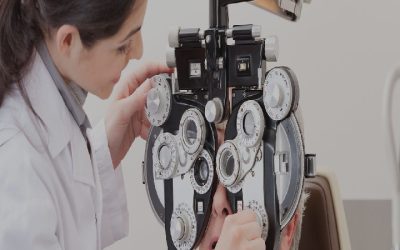Even though breast cancer seems to be on the rise, the prognosis is always improving, especially if the cancer is caught in its earliest stages. When caught early, breast cancer can often be cured with breast lumpectomy surgery in New Jersey. Understanding how this surgery works and what you can expect if you find yourself in a situation where you are diagnosed with breast cancer can help you make this important decision.
Removal of the Lump
The first thing the doctor will do is isolate the location of the lump that is confirmed to be breast cancer. The lump will be surgically removed, allowing the woman to keep her full breast as much as possible. The doctor will also remove a small margin around the lump to ensure all the cancerous cells have been removed. The tissue that is removed will be sent to the lab for analysis to ensure all the cancerous cells have been removed.
Other Treatment
After you undergo breast lumpectomy surgery in NJ, you are likely to need some other treatments to ensure the lumpectomy has taken care of the problem entirely. For many women, this means radiation therapy for five to seven weeks to kill off any stray cancer cells that may remain in the area. However, if the lab work shows there are still a significant number of cancer cells in the area, more surgery may be required.
The Odds
When you are first diagnosed with breast cancer, your doctor will evaluate whether you are a good candidate for lumpectomy surgery. In general, around 50 percent of women qualify for this type of surgery. If you undergo this type of surgery and radiation quickly before your breast cancer has had a chance to spread or worsen, you will have about an 85 to 90 percent chance of non-recurrence of the cancer.
Breast lumpectomy surgery in NJ is becoming a common method of taking care of breast cancer cases that have been caught in their earliest stages. This surgery removes only the area of the breast that is impacted by the cancer cells, plus a small margin around the area to ensure all the abnormal cells are removed. Patients will then undergo several radiation treatments to finish the treatment. With clear margins, a lumpectomy and radiation treatments, women stand a good chance of not redeveloping the cancer later in life.








